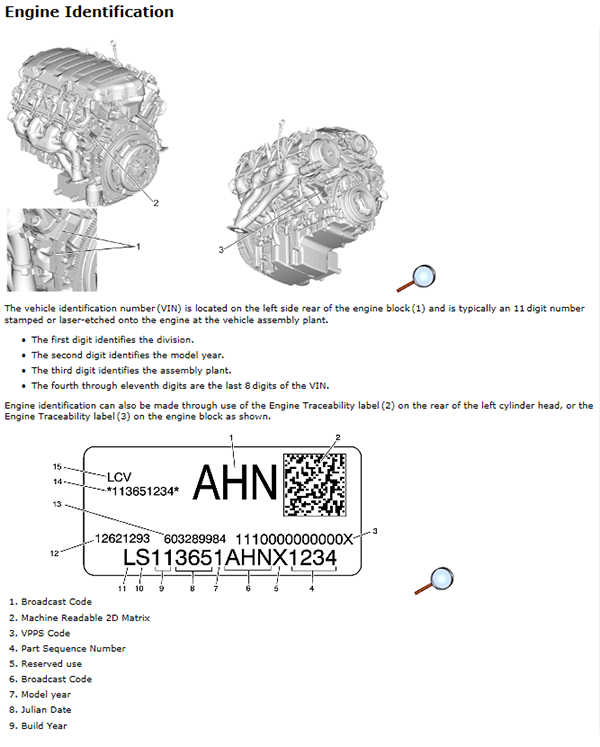
Today, automotive manufacturers pack your car with electronic components. In the 1970s, ECMs started becoming a standard device in vehicles. Sidenote: Before ECMs, many of a car’s mechanisms were controlled mechanically and pneumatically. When mechanics or car enthusiasts reprogram an engine, the engine control module is “tuned” or “remapped” as it controls the engine’s performance and vehicle’s drivability. It also collects information from the other sensors in your vehicle and monitors the fuel-to-air ratio and engine timing.

The engine control module (ECM), also referred to as the engine control unit (ECU), is the engine’s computer that controls engine performance. In this blog post, BenchForce, a leader in automotive bench programming components, explains what an ECM is, describes how it operates, and highlights what symptoms to look for when there may be a problem.

From ignition timing and idle speed to air-fuel mixture and fuel pressure, modern vehicles can’t do much without an ECM. A car’s engine control module (ECM) is arguably one of its most essential parts.


 0 kommentar(er)
0 kommentar(er)
